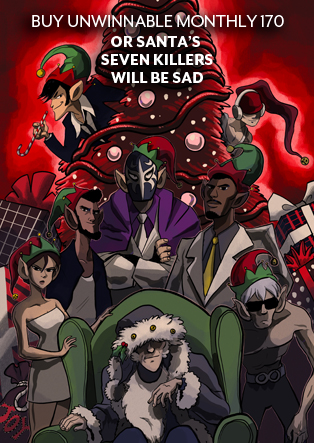
Never is that Brief Flash Resented
Every decade of life brings the false sense of complete knowledge. The truly wise know that there’s always more to learn, but it’s interesting to sit near forty and consider what one has consumed, memorized, forgotten in that sieve of everyday experience. Once it was enough to teethe on your fingers and be rapt in the pure sensation of it all. And yet, it still can take so long to see another human being with such a lustrous glare they are rendered transparent, and at the same time, feel so completely un-surveilled in return.
Commentary is such an acute work of perspicacious half-fiction from the 1930’s by Marcelle Sauvageot, a woman entwined with the Surrealists but excluded for all the usual, contemptible reasons. She died in her early thirties from tuberculosis, having struggled with the disease for much of her short life. Just on the edge of her death she wrote Commentary, subtitled A Tale, a thin book that takes the form of one side of a series of letters between ex-lovers. The man ended their love, but thought to maintain a friendship as the female narrator traveled to and lived within a sanatorium to treat her disease. The details are sketched, a wavering illustration that gives just enough without resorting to a gossipy prose. It’s such a natural and intimate prose, the threads pulled from reality clear as cold water. And yet, I can’t think of any other book that has felt so direct in its portrayal of the spurned lover’s gaze.
The man writes to say “I am getting married… our friendship remains.” From there the narrator exhumes fossils of her love, brushing away the detritus to shine a light on their egos, shared and otherwise. She does not flinch, looking through him so cleanly so as to disarm his very notion of remaining friendship, itself a misunderstanding of her own emotional investment, a forkful of cake enshrined in the fridge.
“I tried to hold onto a small support separate from you, so I could cling to it the day you would no longer love me. This small support was not another man, it was not a dream, nor an image. It was what you called my egoism and my pride; it was my self that, in my suffering, I wanted to be able to find again.”
When a relationship is sent crashing, the unmoored self can be so easily thrashed upon the rocks—it’s necessary to reaffirm that sense of self, to rejoin that once-blended ego. It can be an impossible task, as it becomes necessary to feel sensation in old but unfamiliar ways. Sauvageot so exquisitely frames the internal roiling during such turbulence that my own breath felt stolen throughout, thoughts and feelings I could hardly describe let alone account for with such unerring lucidity as the author’s. “What I require of a friend is to be able to ask a lot without fear of ever displeasing. That kind of friendship you have not given me for a long time.”
That Sauvageot was lost so early can’t help but tint this tiny book, that these might not only be notes to an itinerant lover but that of life. Never is that brief flash resented, and neither is this piteous man condemned for wasting time—it wasn’t life squandered, but maybe a lesson too late due to the whims of nature. Commentary draws back the shades of a broken love to regard this man plainly, for perhaps the first time, and in doing so this narrator deftly re-crafts an honest sense of her self, emerging through fog. “Dancing is life’s happiest rhythm; dancing when you believed you no longer could is a victory.”





